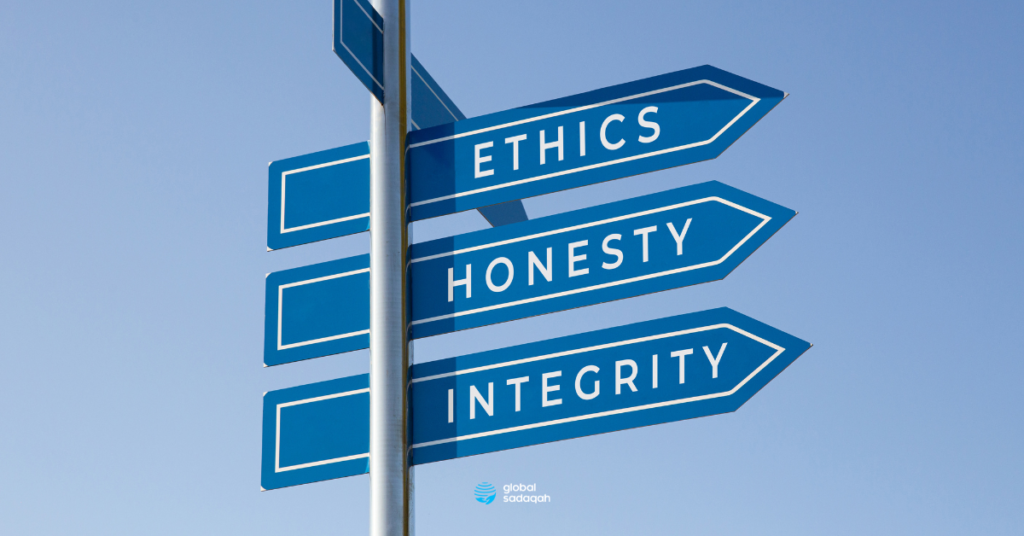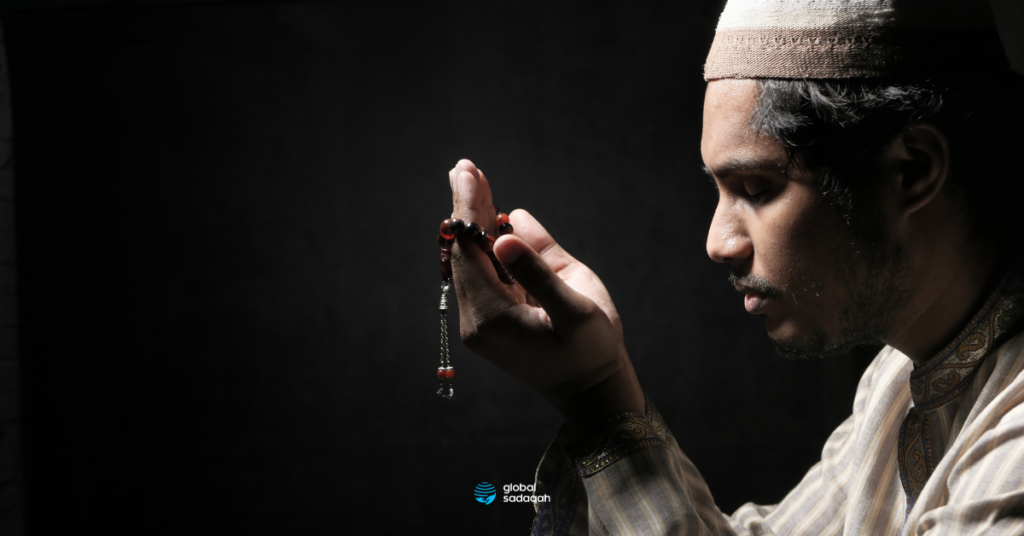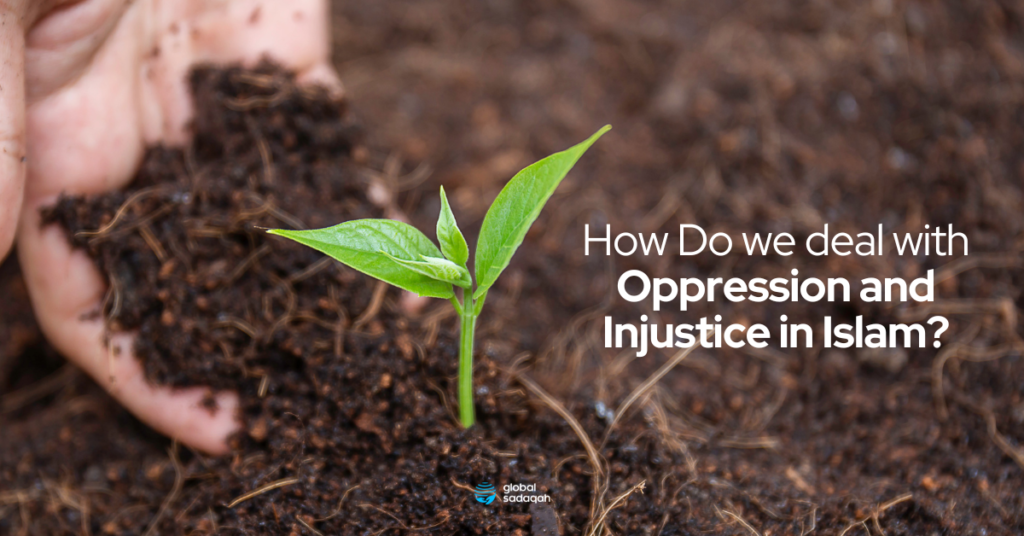In Islam, ethics is in alignment with Shariah, which is Islam’s system for social and legal conduct. To put it simply, in this Islamic system, whatever promotes the well-being of an individual, as well as the society, is morally good, and what is otherwise harmful is morally bad.
Islam’s ethical system, which is forever divine, serves as the cornerstone of Islamic society. Islamic ethics command its adherents to zealously preserve their behaviour, words, ideas, and intentions and adhere to specific moral standards in their family matters, economic operations, social interactions, and private and public life.
The Islamic ethical framework is distinctive in that it affects all aspects of human life. Since Islam has provided humanity with the highest moral standards imaginable, Divine Pleasure has become one of man’s primary goals in life. In regards to Islamic societies, we can examine Islam’s ethical system, which is essentially a mirror of the divine precepts and standards of good and evil..
The Origins of Ethics

The Greek term “ethos,” which means “character, spirit, and attitude of a group of people or civilization,” is where the word “ethics” stems from. It is a system of moral principles and rules of conduct or values meant to govern human interaction and behaviour.
Ethics can be demonstrated in the way that an individual governs their own actions and distinguishes – by means of their personal standard – right from wrong. Since every action and purpose must be placed in its proper context in order to recognise what is vital to do and what is not, ethics is largely a matter of perspective.
Related: An Islamic Perspective on Hardship and Relying on Allah
The concept of ethics in Islam

Conceptually, there are two meanings of Islamic Ethics:
The first is the study of “what humans ought to do,” namely the criteria of right and wrong in human behaviour. In this context, ethics refers to the human effort of studying moral standards and conducts to ensure that a person has the correct understanding of moral action.
The second interpretation refers to ‘good character’ or proper conduct. According to this interpretation, ethics is the aspect of human nature that forbids engaging in unethical behaviour and encourages the qualities of integrity, kindness, sincerity, and loyalty.
Islamic ethics are therefore the universal principles of good and evil that outline what people should do, as taught by the Quran and illustrated by the Prophet Muhammad’s ﷺ morally superior life (actions and words).
There are several terminologies that pertain to Islamic ethics. These words include: piety, approval, goodness, truth and right, righteousness, etc… The Arabic word, akhlaq, which refers to the practice of virtue, morality, and manners in Islamic theology and philosophy, is the one most closely associated with ethics in the Quran. It is most frequently rendered as disposition, nature, temper, ethics, morals, or manners in English dictionaries.
Related: Why Mercy is Such a Central Component in Islam
Ethics in Islam: origin and source

The Islamic concept and standards of ethics is based on what the Quran has established. The Prophet Muhammad (ﷺ) was the best example of putting such concepts into practice, thus making the Quran and Sunnah both vital sources of Islamic ethics, Sunnah being the verbally transmitted account of the Prophet Muhammad’s (ﷺ) teachings, actions, and sayings as well as many accounts regarding Muhammad’s (ﷺ) companions
There are many Prophetic narrations and Quranic verses providing a code of ethics and covering the dimensions of human behaviour. Quranic themes like faith, piety and obedience form the basis of Islamic ethics and are frequently used in support of a Muslim’s moral and religious beliefs, thus there is no contradiction between religion, law and ethics in Islam, rather, these aspects of Islam are complementary, meaning that the morally wrong is illegal and what is morally good is permissable and encouraged.
Islamic societies, ethics and Muslim youths

Islam urges people to live in a way that encourages righteousness and liberates the community from evil. Muslims are urged to uphold virtue in their daily lives as well as actively combat vice and corruption in their communities. The Muslim community as a whole is responsible for completing this duty, and it would truly be a sad day if communities worked to promote evil and stifle goodness instead.
A widespread behavioural issue in Muslim societies is a lack of Islamic ethics, which is well-known to all parties involved, including Muslim teenagers, parents, religious authorities, and local leaders.
It is a problem that negatively impacts Muslim youth’s manner of life and quality of life, causing them to stray from the path of righteousness, weakening their faith, and leading them to act inappropriately and sin openly and out of habit.
One of the pillars of Islam and one of the primary sources of a community’s strength is Islamic ethics. Islamic law has produced a set of fundamental, universal ethical principles that serve as both a powerful legal and ethical framework.
Related: 5 Tips to Achieve Istiqamah
Islam encourages people to lead an ethical way of life as it would ultimately lead to a healthy society, and it is the road taken by the best Muslims. “Virtuous Deeds” is the principle that guides a Muslim’s conduct. This phrase refers to all actions, not only religious ones.
There are several factors that have a significant impact on Muslim youngsters’ high level Islamic ethical behaviour. However, the causes of Islamic variables, such as Islamic upbringing, religious knowledge, involvement in Islamic activities, and adhering to Islamic principles, are strongly connected with Islamic ethical behaviour among Muslim youth.
Good Islamic behaviour is typically found in Muslims who engage in religious activities well, who consistently and carefully observe the religion, who are raised in Islamic homes, and who have a solid understanding of Islam.
Islamic upbringing is crucial and has a good impact on adolescents’ conduct because it represents the reality of life and can guide Muslims to true happiness based on Islamic morals and ethics. On the other hand, adolescents are encouraged to partake in vices to chase a false sense of happiness.
Encouraging Muslims to learn about and comprehend Islamic ideas like Ethics as well as to adhere to the religion strictly is one of the best strategies to assist and foster their development of good moral behaviour.

